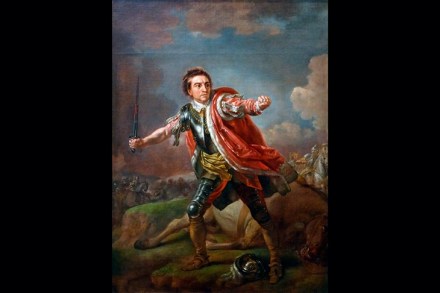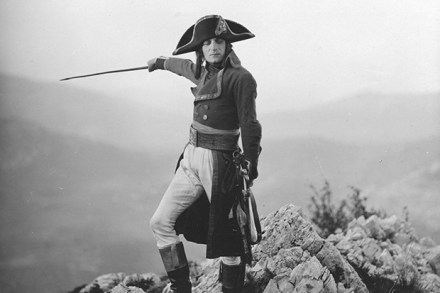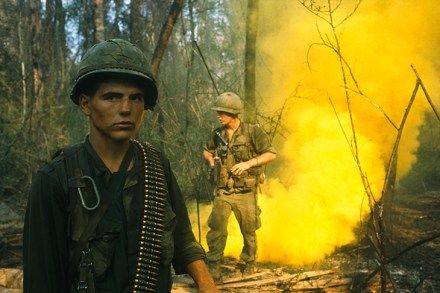Riots in the stalls
The age of Garrick, Norman Poser, a law professor, insists, gave us much of what we take for granted today in the theatre: ‘naturalistic’ acting, and, as Dr Johnson remarked, the very idea of the business of acting as a profession. Hence this book’s portentous title. Its curtain raiser trumpets themes of fame, personality, interiority and cultural self-knowledge, but regrettably Poser’s main show offers a trawl through anecdotes in a style and structure more wooden than the monopedal comic actor Sam Foote’s peg leg. Naturalism in acting, it is often said, originated in this era. But it’s a subject as large as it’s slippery. There is limited source material on



















